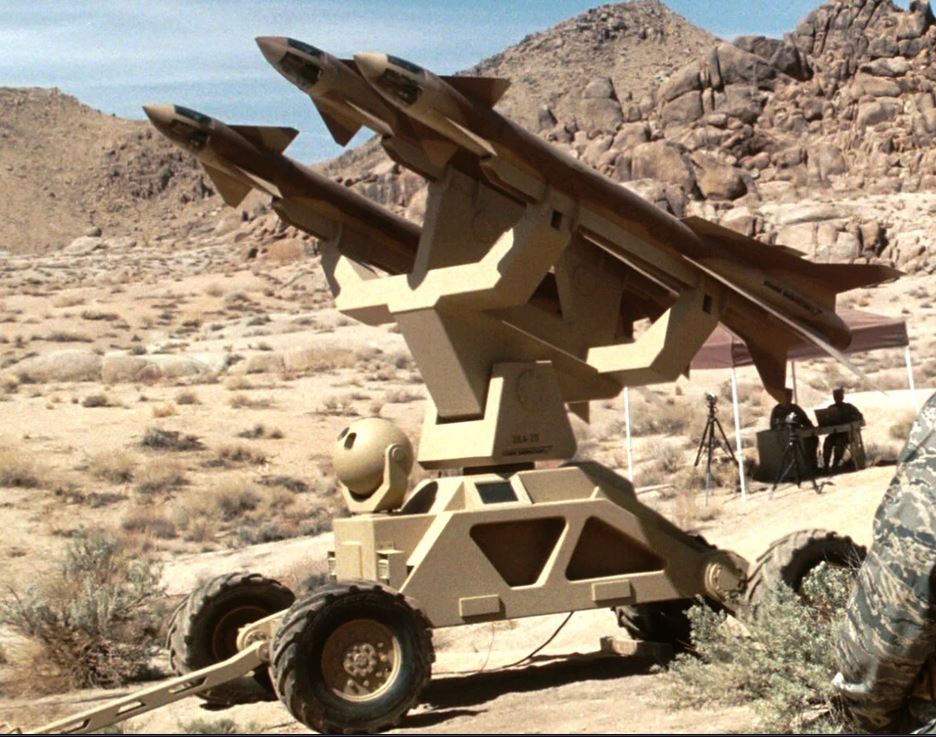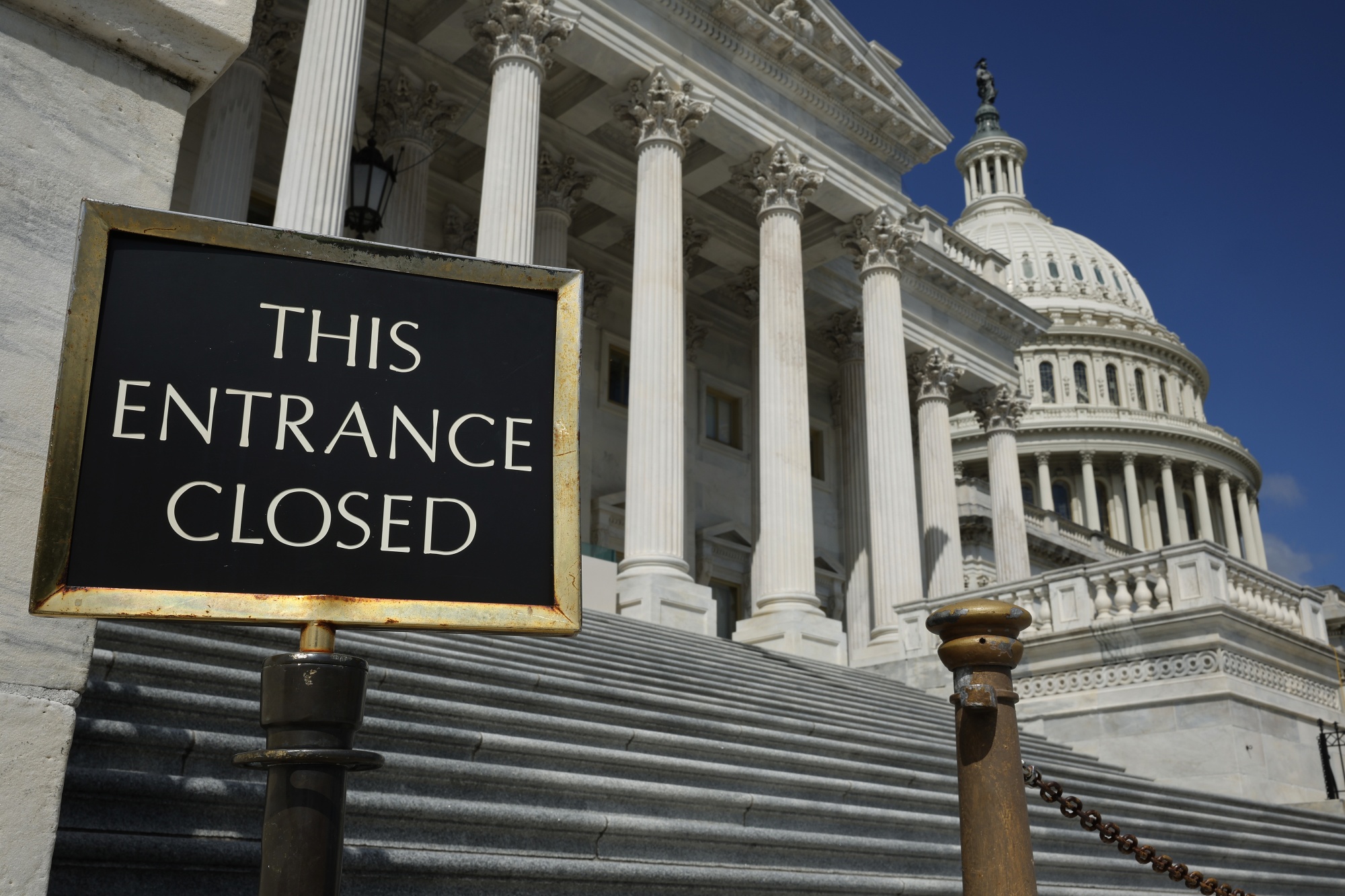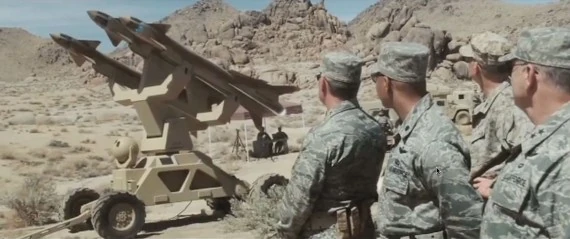Foreign Military Sales (FMS) transactions play a crucial role in international defense cooperation, fostering partnerships and strengthening global security. However, the road to successful FMS is often paved with regulatory challenges that demand careful navigation. In this blog post, we will delve into the complexities of regulatory hurdles in FMS transactions and explore strategies for… Read More
Navigating Controlled Technologies: The Crucial Role of ITAR Training Programs
Introduction: In the dynamic landscape of international trade and defense, staying ahead requires more than just cutting-edge technology. It demands a comprehensive understanding of regulations and compliance, especially when dealing with controlled technologies. The International Traffic in Arms Regulations (ITAR) stands as a sentinel, guarding against the unauthorized export of defense-related articles and services. In… Read More
New License Exceptions Available for UAS Under the EAR
The Bureau of Industry and Security (BIS) is amending the Export Administration Regulations (EAR) to reflect changes to the Missile Technology Control Regime (MTCR) Annex. This Federal Register rule (2023-26682.pdf (federalregister.gov) expands the eligibility for the use of license exceptions under the EAR for MT-controlled items. These changes to license exception eligibility are also being… Read More
Navigating the Complex Terrain: Fundamentals of Building an ITAR Compliance Program
Introduction In today’s interconnected global landscape, the protection of sensitive technologies is paramount. The International Traffic in Arms Regulations (ITAR) plays a crucial role in safeguarding defense-related items and technical data from falling into the wrong hands. Building a robust ITAR Compliance Program is not just a legal obligation; it’s a strategic imperative for companies… Read More
Navigating the Regulatory Seas: The Critical Importance of Understanding ITAR Export License Expiration Timelines
In the world of international trade and defense, the International Traffic in Arms Regulations (ITAR) plays a pivotal role in governing the export of defense-related articles and services. As businesses engage in global commerce, understanding the expiration timelines of ITAR export licenses and agreements becomes paramount. In this blog post, we delve into the reasons… Read More
Unlocking Opportunities: The Benefits of Attending DSCA’s Security Cooperation Industry Group
In the ever-evolving landscape of international security and defense, collaboration between the government and private sector is essential. The Defense Security Cooperation Agency’s (DSCA) Security Cooperation Industry Group (SCIG) stands out as a key platform for fostering meaningful partnerships and driving innovation in the realm of security cooperation. Let’s explore the numerous benefits that professionals… Read More
Utilizing ITAR Exemption 126.4
Many ITAR Exemptions Exist. The U.S. Government (USG) has evaluated specific export transactions and are confident that these activities can occur without harming U.S. national security or interests. ITAR Exemptions allow U.S. Industry the ability to acquire approval to engage in export activities without the administrative burden and timelines of a traditional export license or… Read More
Navigating FMS-Only Designations in Foreign Military Sales
Foreign Military Sales (FMS) play a pivotal role in shaping international alliances and bolstering global security. One aspect that often confounds both US Industry and Foreign Partners is the concept of FMS-only designations. These designations, as outlined in the Security Assistance Management Manual (SAMM), have far-reaching implications for both US Industry and Foreign Partners. In… Read More
Defense Exports & the Potential 2023 U.S. Government Shutdown
During a government shutdown, many federal agencies, including the Department of State and Department of Defense, which manage ITAR licenses and FMS Case approvals, may experience significant disruptions in their operations. Here are some potential impacts on international defense business during a government shutdown: It’s crucial to monitor the situation closely and stay in contact… Read More
Navigating ITAR Considerations for International Trade Show Exhibitors
International trade shows provide an excellent opportunity for companies to showcase their products and services on a global stage, forge international partnerships, and expand their market presence. However, for exporters in industries with sensitive technology and information, such as defense, aerospace, and high-tech manufacturing, participation in international trade shows comes with a unique set of… Read More









